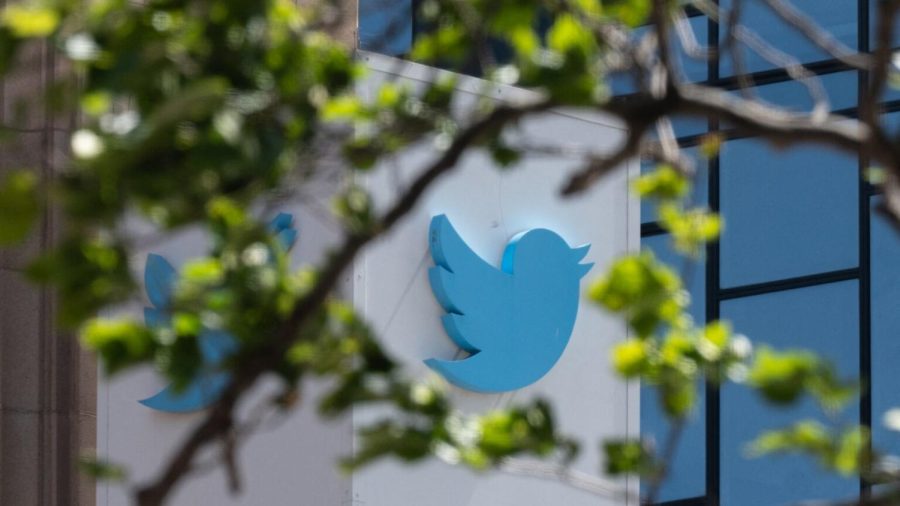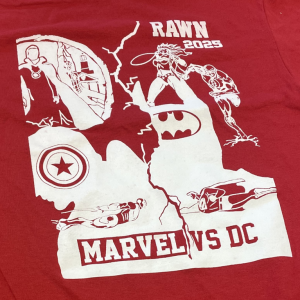Elon Musk, Twitter and free speech
The Tesla mogul has his sights set on changing what free speech means in the tech world
June 2, 2022
Last month, Elon Musk initiated a deal to buy Twitter for $44 billion. Musk is proposing plenty of new changes to Twitter including new features, increased transparency on the algorithm, and cracking down on bot accounts. However, the most important and controversial of his plans are changes to content moderation.
The Tesla SpaceX CEO and self-referred “free speech absolutist” believes Twitter should loosen up moderation. He thinks Twitter should allow speech protected under the First Amendment because “while offensive, [it is] still legal,” according to NPR.
As part of his liberalization of content moderation, Musk plans on reversing bans on users who were banned from Twitter for posting offensive content, including former President Donald Trump, who was banned from Twitter for inciting the January 6 insurrection.
Musk has clear plans for Twitter’s content moderation, but he may not be able to achieve these goals due to international regulations. Twitter operates across many different countries that all have different ideas on what constitutes free speech.
Experts warn that Musk’s approach of only taking down illegal content could empower authoritarian governments who want Twitter to take down content that does not follow their laws. Even though Musk is referring to not taking down content protected under the First Amendment, authoritarian governments could purposely misinterpret Musk’s comments to pressure him to take down posts critical of them. Twitter has refused to comply with unjust speech laws in the past; however, that could change under Musk.
Other countries such as France, India and the United Kingdom have laws against hate speech. In April, the European Union passed the Digital Service Act which allows member governments to ask social media companies to take down illegal content, including hate speech. Musk has said he is “exactly aligned” with the Digital Service Act, despite being a major obstacle to his plans to allow any content protected under the American First Amendment.
Musk’s content moderation plans have remained highly controversial despite the roadblocks to putting those plans into place.
The pro-Musk side argues that Twitter users should have the same First Amendment protections as someone on public property and that protecting free speech is crucial. Social media companies like Twitter are arguably just as powerful, if not more powerful than governments in regulating the flow of information.
Twitter has garnered criticism from conservative activists for silencing right-wing political views. Christian-conservative satirical news site The Babylon Bee getting disinformation warnings on its tweets is often cited as an example of liberal bias in Twitter’s content moderation.Twitter even once put a sensitive content warning on a video from the Bee making fun of Twitter employees for being too sensitive.
The students at Rancocas Valley are very divided on Musk’s Twitter reforms with many students thinking that his reforms are going to make Twitter better.
“I think it’s an interesting purchase for $44 billion,” senior Matthew Bove said. “I think he is pushing to promote more free speech which is very good. I really like Teslas and I like the guy and I think it is a great move for social media outlets.”
However, critics say that the Musk approach to content moderation could allow for the greater spread of conspiracy theories, disinformation, and hate speech that puts marginalized groups at risk.
Other social media platforms such as Gab and Parler that claim to use a similar moderation approach to what Musk is proposing have become alt-right safe-havens. Gab CEO Andrew Torba has been called out by the Anti-Definition League (ADL) for his anti-Semitic posts on Twitter and Gab. Elon Musk probably does not want to empower the alt-right but doing so is a potential side effect of his content moderation approach.
The Babylon Bee was banned from Twitter due to a more legitimately derogatory post. The Bee sarcastically referred to the trans assistant secretary of health at the Department of Health and Human Services as “man of the year.” Activists warn that hateful posts like the Bee’s one targeting trans people and other marginalized groups would spread under the Musk regime.
On the contrary, many RV students do not support Elon Musk buying Twitter because they do not support him as a person and businessman.
“I think he is greedy,” freshman Kennedy Edwards said. “He has to be fake because there is no way you are smart and rich at the same time. I wish he used his money for better things. I think he is not a good person.”
“I don’t know. I know he has a lot of money and I wish he would use more of his money for good causes like medical research, and cancer research where he can make an impact…,” freshman Kierra Doles said. “If I had millions of dollars I would definitely use it for cancer research, I wouldn’t like…buy Tiktok.”
Elon Musk’s proposal to buy Twitter is controversial due to his plans to loosen moderation to protect free speech. Whether it is more important for social media companies to protect free speech or protect marginalized groups will be a debate moving forward.








Barbara Berr • Jun 6, 2022 at 12:09 pm
Thanks Jacob for presenting many views of Musk and money and freedom of speech and values. I believe our citizens are short on responsibility of having the power of speech.